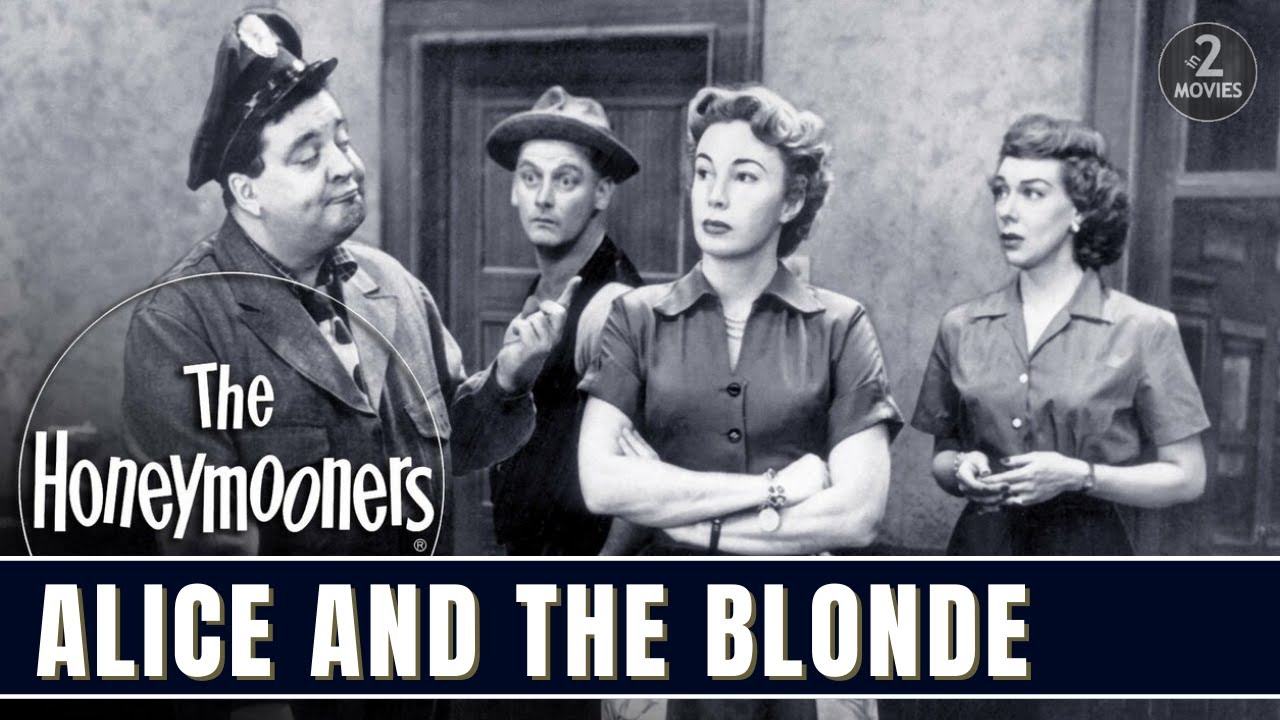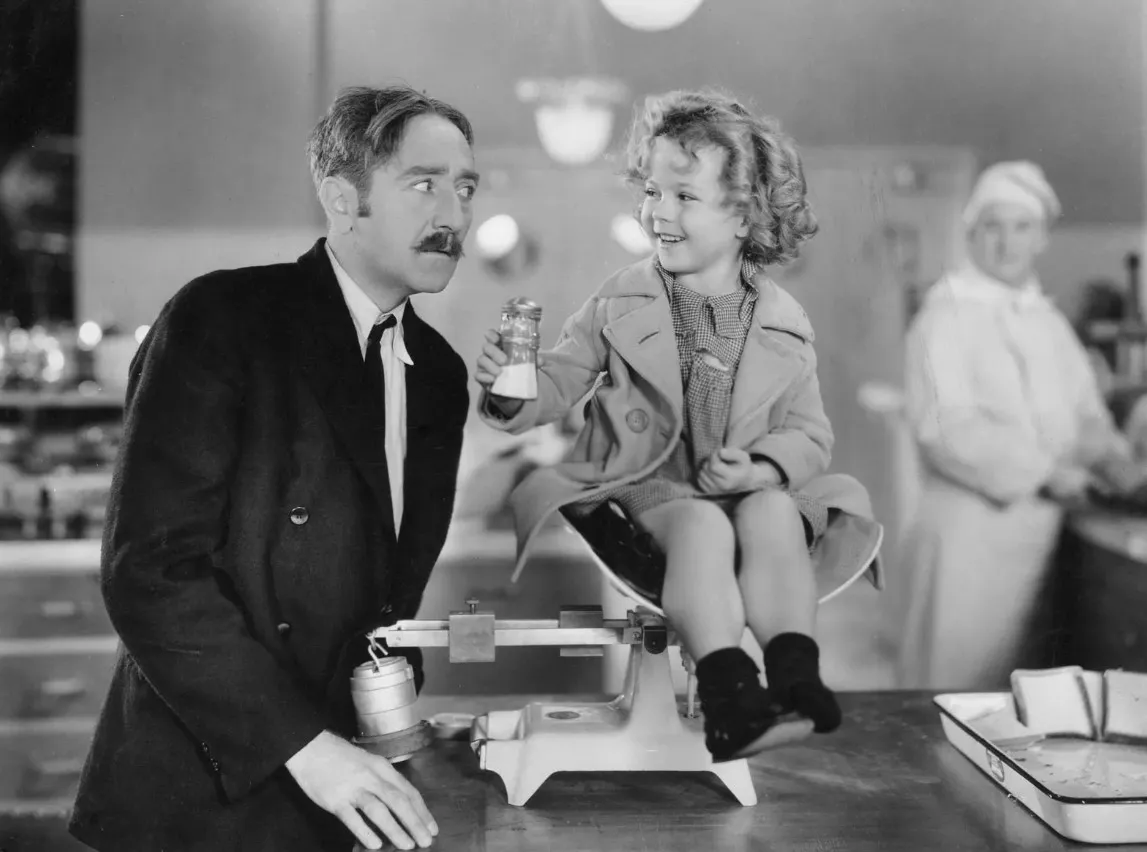In 1934, Shirley Temple was a burgeoning star, captivating audiences with her precocious talent and infectious personality. At the tender age of six, she landed a role unlike any she had played before. "Little Miss Marker" wasn't a light-hearted musical comedy filled with tap-dancing and cutesy songs. It was a gangster film, a genre far removed from the innocent world Temple usually inhabited. However, her performance transcended expectations, transforming the film into a delightful and heartwarming story.
(Scroll down for more photos)

The plot of "Little Miss Marker" revolves around Sorrowful Jones (Adolphe Menjou), a down-on-his-luck gambler.
Facing a hefty debt to gangster Big Steve Holloway (Charles Bickford), Sorrowful resorts to a desperate measure. He leaves his young daughter, Marthy Jane (Shirley Temple), nicknamed "Marky," at Holloway's club as collateral, a "marker" for his debt.

When Sorrowful loses his bet and commits suicide, the gangsters are left with Marky, a wide-eyed little girl with golden curls and a disarming smile.
Grief-stricken and unsure of what to do with her, the gangsters, a motley crew of gruff but ultimately good-natured men, find themselves unexpectedly charmed by the little girl. Marky, oblivious to the situation's gravity, brings a ray of sunshine into their hardened world.

Shirley Temple's performance in "Little Miss Marker" is a revelation. She effortlessly portrays Marky's innocence and unwavering optimism.
Whether singing a playful song, innocently asking questions about gangsters, or desperately searching for her father, Temple connects with the audience on a profound level. Her natural charm and genuine emotions draw viewers into the story, making them root for Marky's well-being.

The supporting cast adds depth and humor to the film. Adolphe Menjou portrays Sorrowful Jones with a blend of desperation and fatherly love. The gangster characters, played by actors like Charles Bickford and Warren Hymer, are initially intimidating but gradually soften around Marky's infectious personality.
Their interactions with her create comical situations and highlight the unexpected bond that develops between the hardened criminals and the little girl.

Director Alexander Hall masterfully balances the film's dark undercurrents with its comedic elements.
While the premise revolves around gambling and gangsters, the film avoids graphic violence or morally ambiguous situations. The focus remains on Marky's innocence and the unexpected connection she forms with the gangsters.

"Little Miss Marker" was a critical and commercial success. Audiences were charmed by Temple's performance and the film's heartwarming message.
It even earned her a special Juvenile Academy Award, recognizing her exceptional talent at a young age. However, the film wasn't without controversy.

Some critics questioned the appropriateness of a child star starring in a gangster film. Concerns were raised about the potential negative influence on young viewers. Despite these concerns, the film resonated with audiences, offering a light-hearted and ultimately uplifting story set against an unusual backdrop.

"Little Miss Marker" holds a unique place in Shirley Temple's filmography. It showcased her versatility as an actress, allowing her to shine outside the typical musical comedies she was known for. Her performance demonstrated that even a child star could carry a film with a more complex and mature narrative.

The film's legacy extends beyond its box office success. It captured a bygone era of Hollywood filmmaking, where gangster films were a popular genre and child stars were major attractions.
"Little Miss Marker" remains a delightful and heartwarming watch, a testament to Shirley Temple's captivating talent and the unexpected charm that can emerge from a story that combines gangsters with a little girl's unwavering innocence.
Photo Gallery




















